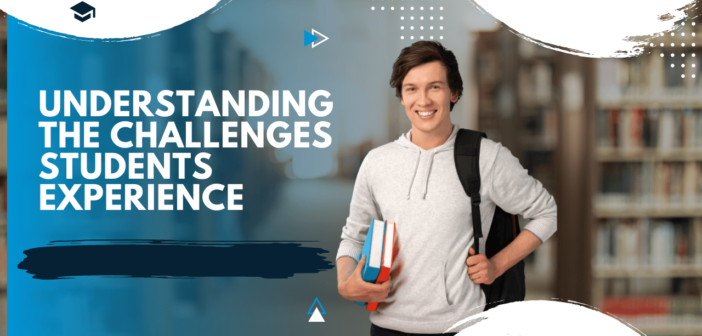During a period of hybrid learning, students face various challenges that can affect their ability to learn and succeed academically. To support their well-being, it’s important for everyone to take an active role in helping them. Embedding strategies for well-being in the learning environment can be a proactive way to support all students. This can be achieved through designing courses that promote well-being, both online and in person.
What are the experiences of the students?
As students navigate the challenges of hybrid learning, they are facing a variety of experiences that impact their ability to learn and thrive. From balancing multiple priorities to managing technology, students are encountering a range of challenges that can impact their overall well-being.
One of the primary challenges students face during hybrid learning is time management. With the increased flexibility of online learning, students may find it difficult to stay organized and focused on their coursework. Balancing schoolwork with work, family, and other responsibilities can also be a significant challenge.
Another challenge is the need for self-discipline and motivation. With less structure and face-to-face interaction, students may struggle to stay motivated and engaged in their coursework. This can lead to a sense of isolation and disconnection from their peers and instructors, which can further impact their academic performance.
In addition, technology can be both a blessing and a curse for students. While it provides access to a wealth of resources and allows for greater flexibility in learning, technical issues can be a major source of stress and frustration. From unreliable internet connections to compatibility issues with software and devices, technical difficulties can quickly derail a student’s progress.
To address these challenges, it’s important for educators and institutions to take a proactive approach to supporting student well-being. This includes embedding strategies for promoting self-discipline, time management, and motivation in online course design. Additionally, providing resources and support for students to address technical issues can help reduce stress and frustration.
Ultimately, by understanding the experiences and challenges that students face during hybrid learning, educators and institutions can better support student well-being and academic success. By proactively addressing these issues, we can help ensure that students are able to thrive in the face of the challenges presented by hybrid learning.
8 Kinds Of Life Experience Which Will Help You As A Student
As a student, you may often wonder what skills and experiences you need to be successful in your academic journey. While academic knowledge is essential, life experiences can also play a significant role in shaping your personal and professional growth. Here are eight kinds of life experiences that can help you as a student:
- Traveling: Traveling can broaden your horizons and expose you to new cultures, perspectives, and ways of thinking. It can also teach you important life skills like problem-solving, communication, and adaptability.
- Volunteering: Volunteering can help you develop empathy, compassion, and a sense of social responsibility. It can also provide you with opportunities to develop leadership and teamwork skills.
- Work Experience: Work experience can help you develop time management, organization, and communication skills. It can also teach you important values such as responsibility, accountability, and work ethic.
- Creative pursuits: Engaging in creative activities such as writing, painting, or music can help you develop critical thinking, problem-solving, and innovation skills. It can also provide you with a creative outlet for stress relief.
- Sports: Participating in sports can teach you teamwork, leadership, and perseverance. It can also promote physical health and wellbeing.
- Entrepreneurship: Starting your own business or pursuing entrepreneurial ventures can help you develop skills such as risk-taking, innovation, and financial management. It can also teach you resilience and adaptability.
- Community involvement: Involvement in community organizations and activities can help you develop a sense of belonging and social connection. It can also provide you with opportunities to develop leadership and teamwork skills.
- Personal challenges: Overcoming personal challenges such as illness, loss, or adversity can help you develop resilience, perseverance, and problem-solving skills. It can also foster personal growth and self-awareness.
In conclusion, while academic knowledge is essential for success as a student, life experiences can also play a significant role in shaping your personal and professional growth. By engaging in these eight kinds of life experiences, you can develop important skills and values that will help you thrive as a student and beyond.
